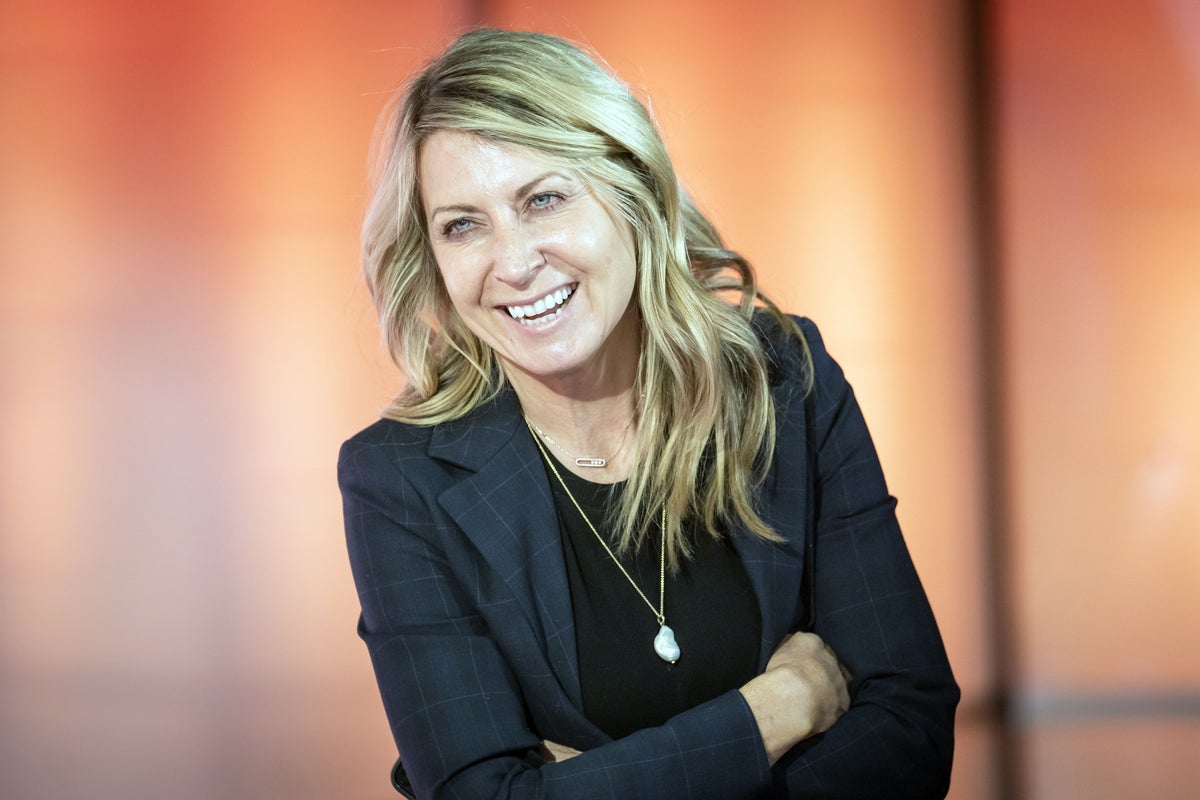
The head of BBC News has told staff the broadcaster will meet with those who have questions about editorial guidelines as she defended not describing Hamas militants as “terrorists”.
The corporation has faced a backlash from political figures over the long-standing editorial position of the broadcaster to use the word “terrorist” carefully – including during its coverage of the conflict in Gaza and Israel.
In an email to staff, chief executive of BBC News and Current Affairs Deborah Turness defended the corporation’s position, saying “that it is not for us to declare any group as terrorists, it is for us to report when others do” and also said that the BBC earns trust by being “objective”.
She also wrote: “It is because BBC News matters so much that the words we use – and don’t use – also matter.
“Our audiences turn to us for clarity in a chaotic world, to help them separate fact from fake and we are proud to serve them and part of serving is listening and being responsive.
“So we will meet with those who have questions about our editorial guidelines to better understand their concerns and explain the fundamental principles that sit behind them.”
The militant group is a proscribed organisation in the UK, meaning the Government sees it as a terrorist organisation.
Defence Secretary Grant Shapps labelled the BBC’s policy “verging on disgraceful” and told LBC the corporation needs to fix its “moral compass”, as he urged it to revise its long-standing position.
Other senior ministers, including Foreign Secretary James Cleverly and Culture Secretary Lucy Frazer, have been among those expressing concern about the BBC’s position.
Ms Turness also told staff she understands that it can be “really hard when we’re faced with the kinds of atrocities we have seen – the murder of children and young people – the kidnapping of mothers, babies and elderly people”.
She added: “Our hearts go out to them and their loved ones, and we dedicate ourselves to telling their stories so the whole world will know what happened to them.”
During the email, she also thanked BBC staff on the ground “for the extraordinary courage and care you have shown as we tell this shocking and complex story”.
She added: “We have provided our global audiences with powerful coverage and first-hand testimony of the atrocities committed by Hamas, and the terrible suffering in Gaza.”
Acknowledging that journalists and other news staff faced a “huge toll” while they deal with “harrowing editorial content or being worried about people you know”, she encouraged staff to reach out for mental health support.
Ms Turness also said: “In this most challenging of moments, I could not be more proud of the work you do to serve our audiences. Trust is earned, and it is your courage and dedication that ensure we are the world’s most trusted news organisation.”
Her email was followed by a message from the director-general of the BBC, Tim Davie, saying that it had been “harrowing to watch and listen to the horrific events that have taken place in Israel and Gaza in the last week” and the corporation’s thoughts are with “all the victims of this conflict”.
Mr Davie also said: “I want to pay tribute to all our teams who have been working around the clock.
“This is an incredibly difficult and complex story and our coverage has not shied away from reporting the nature of the atrocities and the impact they have had, on the ground around the world.
“I know some of you have been particularly affected by these events, both personally and professionally… As ever, we want everyone to feel supported and safe at the BBC, and for you to feel able to speak up whenever you need to.”







